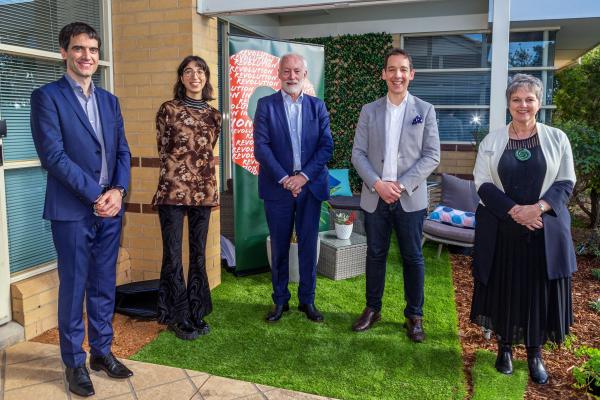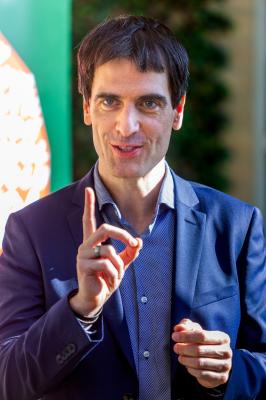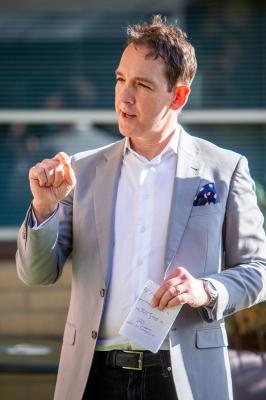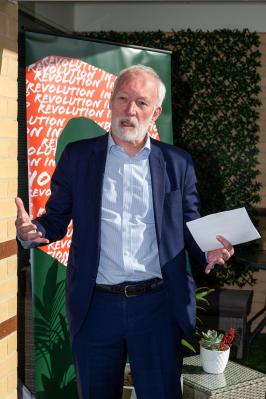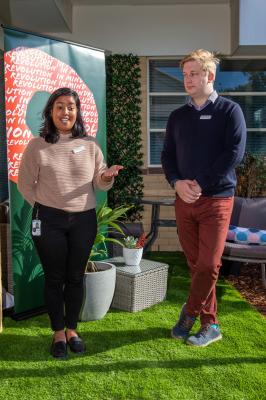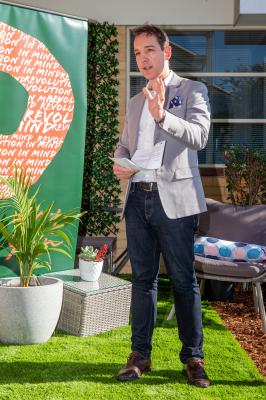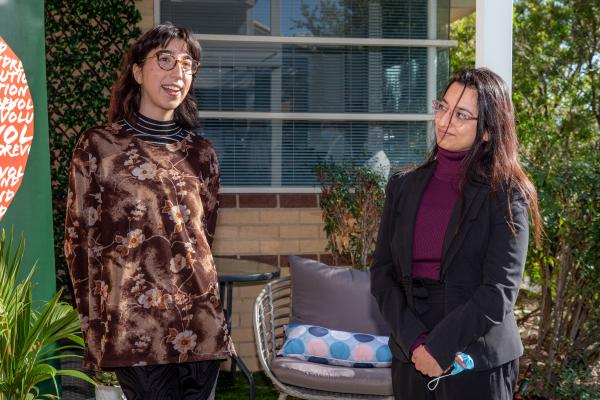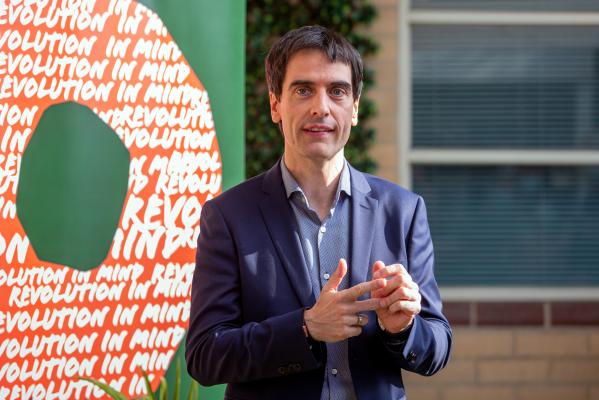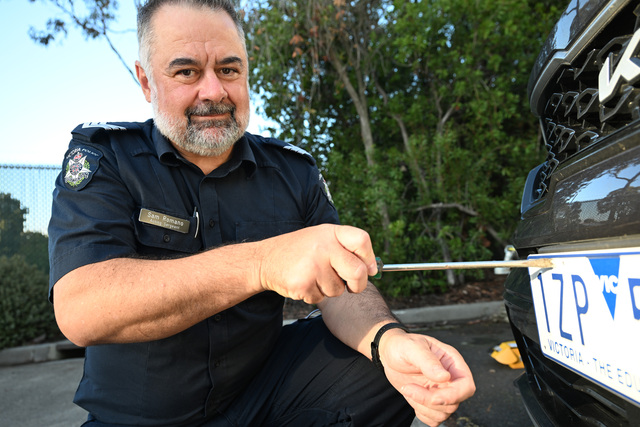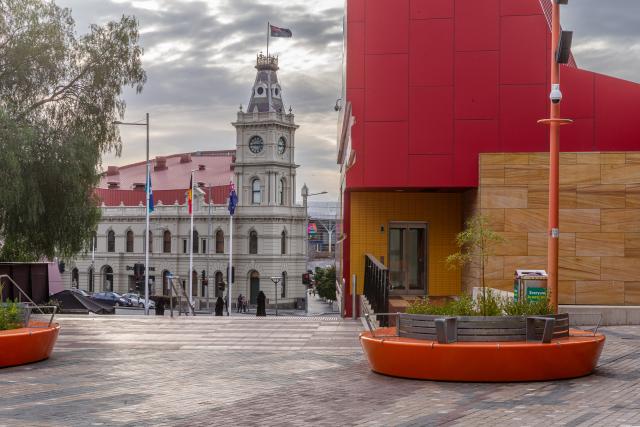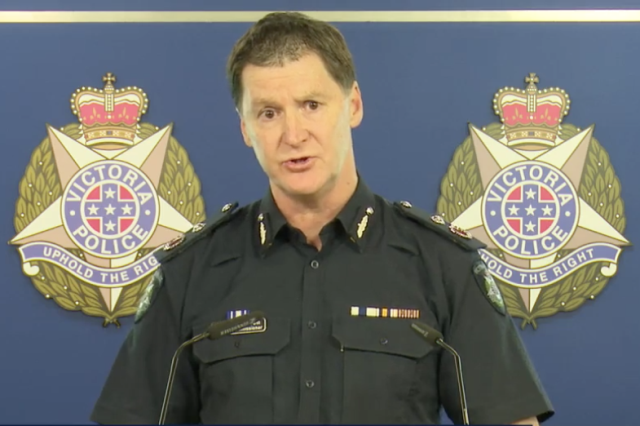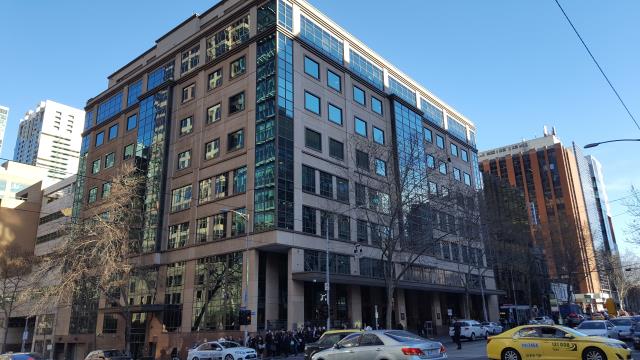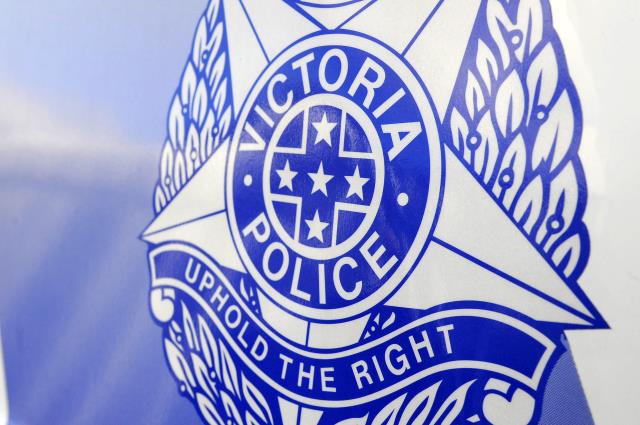Here is some ‘screen time’ that actually does wonders for mental health.
MOST (Moderated Online Social Therapy) is an Australian-designed digital mental health therapy for young people offered by services such as headspace and Monash Health.
And it is the very opposite to online trolling and “fake” social media.
One of its early adopters is Malamati who is part of a MOST youth advisory group using the prototype platform.
“I’m not a big person on social media,” she told a launch at Monash Health Community Health Services in Dandenong on 30 June.
“I don’t have Instagram or Twitter anymore. I find it overwhelming.”
But MOST is something different. It’s a 24-7 digital program that provides clinical advice and peer support for 15 to 25-year-olds whenever they need it.
Crucially, it fast-tracks therapy for a surge of young people on mental health services’ waiting lists.
Even in those lonely, despairing moments late at night, ‘real time’ help is at hand.
Clinicians, specialists and trained peers with lived experience like Malamati are online with supportive posts and positive feedback.
“To see people in their purest forms and their accomplishments during their mental health journey is the most wonderful thing,” Malamati says.
Accomplishments can be eating every day, getting out of bed or going out to a job interview and “nailing it”.
The positive feedback received was “destigmatising”.
MOST was designed by Orygen at its National Centre of Excellence in Youth Mental Health.
Orygen Digital director Professor Mario Alvarez-Jimenez said it was a platform that young people had asked for.
“The dream is that young people will get the help they need when they need it and for as long as they need it.”
It operates at 32 youth mental health services in Victoria, including headspace centres and Monash Health.
Last week, the State Government announced $12 million to continue MOST over the next two years.
Mental health parliamentary secretary Steve Dimopoulos also announced a pilot, extending help for 12-14-year-old clients.
He spoke of the importance of treating mental health early – 75 per cent of diagnosable mental illness emerged before the age of 25.
“MOST is a critical service because we know the earlier we can reach someone struggling with their mental health, the better their life outcomes.”
Mr Dimopoulos said the Government was addressing the under-funding of mental health – long seen as the “poor cousin of the health system”.
In the wake of the state’s Royal Commission into mental health, the Government had boosted funding to a record $3.8 billion, including $842 million for youths.
Orygen executive director Professor Patrick McGorry said he’d seen the mental health system “crumble” after an initially exciting shift to de-institutionalisation became chronically underfunded.
“It’s taken 20 years for a government to come along and recognise the policy failure from that time.”
After the Royal Commission, there was a “new dawn”. Out of anywhere in the world, Victoria was now “the place to be” for mental health services, Professor McGorry said.
“It’s a big responsibility for us not to blow it this time”.

